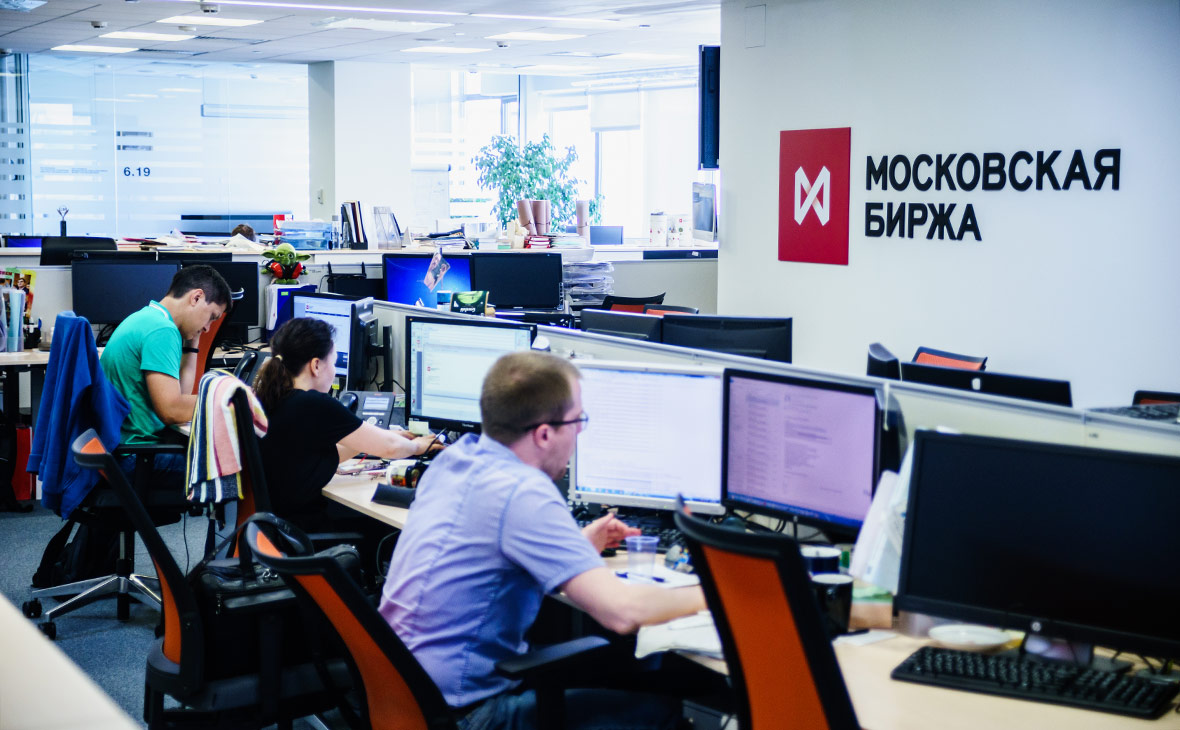

Paying Taxes in Russia Equals Financing War: Moscow Stock Exchange Case
On April 19, the High Anti-Corruption Court upheld the claim of the Ministry of Justice of Ukraine on the confiscation of assets of PJSC Moscow Exchange MICEX-RTS. By the court’s decision, 2,978 shares belonging to the Moscow Exchange in the Ukrainian PJSC Settlement Center for Servicing Contracts in Financial Markets (1.44%) were recovered into the state’s income.
Let us find out why this case is interesting.
What was the Moscow Stock Exchange found guilty of?
The Moscow Stock Exchange is one of the largest in Eastern Europe. The total annual value of financial transactions on this exchange exceeds USD 635 bln. In addition, the Supervisory Board of the Moscow Exchange includes Bella Ilyinichna Zlatkis, sanctioned by the US. The fact is that Zlatkis is also the Deputy Chair of the Board of Sberbank and a member of the Supervisory Board of this largest russian bank.
In general, the case with the confiscation of shares of the Moscow Exchange by the Anti-Corruption Court is a pioneer in its field because this is the first case of confiscation of assets of an enterprise only, and not a person. Moreover, this confiscation was carried out on the grounds of financing the war of russia against Ukraine through the payment of taxes and investment in the budget of the aggressor.
The assets of the Moscow Exchange were blocked by the decision of the National Security and Defense Council of February 19, 2023, put into effect by the relevant presidential decree. Let us remind you that the blocking of assets by the decision of the NSDC is a prerequisite for their confiscation by the decision of the HACC.
As far as the grounds for confiscation of assets are concerned, the HACC referred to Article 1, part 1, clause 1-1 and Article 5-1, part 1, clause 2, subclause b of the Law “On Sanctions” in its decision. It states that the grounds for confiscation are the financing of the activities of the aggressor state by paying taxes or fees to the budget of the aggressor state, if the total amount of such payments for the last year exceeds UAH 40 mln for a legal entity. Simply put, the law records specific amounts; paying these amounts during a year in the budget of russia, the company may fall under sanctions as one that finances the war.
The HACC found that in 2022 alone, the Moscow Exchange paid RUB 9,019.5 mln of income tax to the budget of russia, which is equivalent to UAH 4,446,613,500. This is more than 100 times the limit established by the law. In addition, the court found that in 2021, the Moscow Exchange invested RUB 109,622.4 mln (UAH 40,560,288,000) in bonds of russia and in 2022, — RUB 178,023.3 mln (UAH 87,765,486,900) in various types of bonds, including bonds of russia.
This was the ground for the confiscation of 2,978 shares owned by the Moscow Exchange in the Ukrainian PJSC Settlement Center for Servicing Contracts in Financial Markets. It is also indicative that Moscow Exchange is a minority shareholder in a Ukrainian enterprise — it owns 1.44% of the shares of this PJSC. That is, it does not have the ability to manage PJSC Settlement Center for Servicing Contracts in Financial Markets in any way and does not receive significant benefits from its activities.
Regarding this issue, the HACC noted that in the context of the aggressive war of russia against Ukraine, even a small number of shares of such a company in the authorized capital of the company, which plays an important role in the Ukrainian capital market, is unacceptable. Thus, for the court, it does not matter what income the sanctioned person or company had from activities in Ukraine — the very fact of financing the aggressor country is significant.
In general, the case with the confiscation of shares of the Moscow Exchange by the Anti-Corruption Court is a pioneer in its field because this is the first case of confiscation of assets of an enterprise only, and not a person.
What is special about this decision of the HACC in the context of confiscation of russian assets?
After the adoption of such a decision by the Anti-Corruption Court, Ukraine has become the first country to recover the assets of a russian enterprise due to its paying taxes or investing in the budget of the aggressor country.
Western partners imposing sanctions on russian enterprises and citizens are primarily guided by their direct connection with the military aggression: the production of weapons, propaganda, political activities, etc. However, it is also important to note that Ukraine and international partners have very different understanding of the application of sanctions. International partners see sanctions primarily as a political means of influence, and not a way to confiscate dubious assets in someone’s favor.
Therefore, the confiscation of the assets of the Moscow Exchange is a precedent that can lay a new practice in sanctions cases. This is not about mandatory confiscation of assets, but about a possible new approach to imposing sanctions, in particular the seizure of assets of companies that financed the war through taxes and investments in the aggressor country.
The analysis was prepared by Nataliia Sichevliuk, legal advisor at Transparency International Ukraine.
The confiscation of the assets of the Moscow Exchange is a precedent that can lay a new practice in sanctions cases. This is not about mandatory confiscation of assets, but about a possible new approach to imposing sanctions.
This publication was prepared with the financial support of the European Union. Its content is the sole responsibility of Transparency International Ukraine and does not necessarily reflect the views of the European Union.






